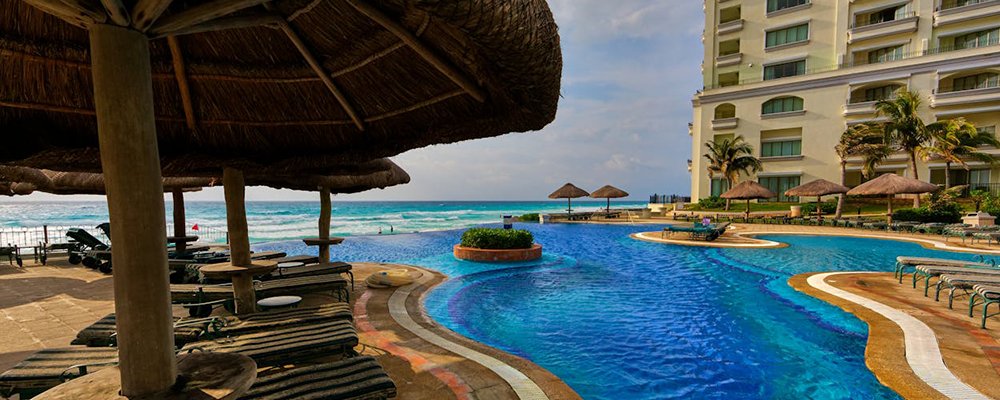Travellers love a deal, whether it's a cheap flight or a hotel discount that enhances their experiences abroad. But a common question posed by Wise Travellers is whether hotel loyalty schemes are really all they are cracked up to be?
How do they work?
Hotel loyalty programmes are usually operated by large global hotel chains, such as Accor, Marriott and Hilton. Points can be accumulated for staying at a hotel or utilising a partner within that programme.
Consider some tips on whether to sign up for a hotel brand. For example, loyalty schemes target different niches of travellers, from business to retired, and you need to be a full member to derive those benefits. The key is to join a program which syncs with your travel arrangements and where you can maximise the available benefits.
Benefits
A traveller gains more points based on the amount of time spent or stays used in that particular scheme. More use means greater rewards.
For frequent travellers:
Elite status: Consistently staying with one brand can lead to higher tiers with perks such as room upgrades, late check-out, and other service-based benefits.
Free nights: Points can be redeemed for free stays, helping offset costs or securing upgrades to more valuable accommodations.
Hybrid strategies: Some travellers find value in combining hotel stays with credit card spending to earn points or miles. Many hotel credit cards offer substantial perks.
For occasional travellers:
Instant perks: Simply signing up can provide immediate benefits such as free wifi and member rates, even if you don't stay frequently enough to earn points for free nights. Using loyalty programmes for short stays can also build a profile that may lead to savings on future trips.
Potential drawbacks
Many travellers question why they should stick with a branded hotel scheme as that means removing themselves from a highly competitive marketplace of potential discounts.
Focus on a single brand: Loyalty to one brand can lead to missing out on potentially better rates or more suitable hotels at different locations.
Status: Some schemes may offer benefits that feel less valuable over time or are difficult to achieve.
Expiration: Points can also expire if not used, making it important to monitor your account, especially as an infrequent traveller.
Complexity: Some have complicated rules or reward structures that are difficult to navigate.

How to decide
If you feel points are the way, look at joining as many schemes as possible to benefit from them. Look at the flexibility and restrictions - the looser the restrictions, the better.
Consider your travel habits: If you travel frequently, focusing on one or two major hotel chains is likely to be beneficial. For occasional travel, a free loyalty program can still offer benefits.
Look beyond the points: In addition to earning points, consider the status benefits that can enhance your experience, even if you don't use many points for free nights.
Evaluate hotel credit cards: A hotel-branded credit card can be a valuable tool, offering benefits that can significantly outweigh the annual fee for frequent travellers.
Do the math: Compare the benefits of the hotel program to the potential cost of staying elsewhere to determine if the points and perks are worth it for your travel needs.
Smaller over bigger: Consider joining schemes offered by smaller hotel chains rather than larger ones, as they offer more benefits to attract more travellers.
Alternatives
At Point Hacks, they highlight the many options to earn rewards from hotel stays outside of frequent guest programs. These include earning frequent flyer points through hotel aggregators such as Agoda, Kaligo and Rocketmiles.
Best hotel rewards programme
NerdWallet has revealed that when comparing hotel loyalty programmes by the value of hotel points and elite status perks, the World of Hyatt takes first place. Based on its most recent analysis, NerdWallet values Hyatt points at 1.8 cents each, far more than any other hotel programme. Wyndham and Choice also achieve good marks.
 Andy Probert is a freelance journalist whose work about global travel news, aviation, business and human-interest features has appeared internationally in print and digital formats.
Andy Probert is a freelance journalist whose work about global travel news, aviation, business and human-interest features has appeared internationally in print and digital formats.















